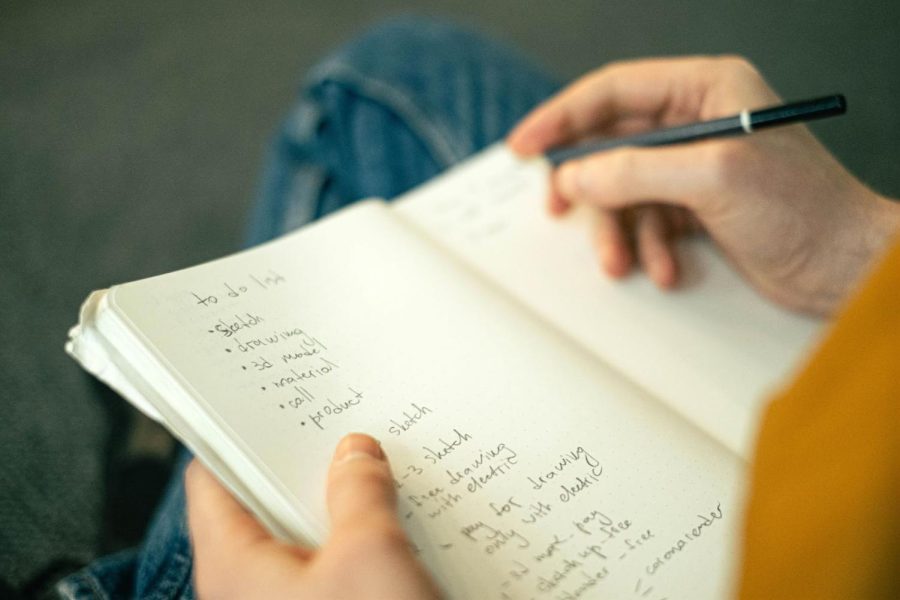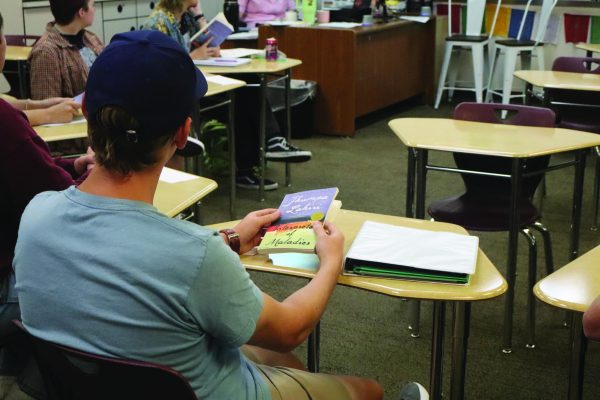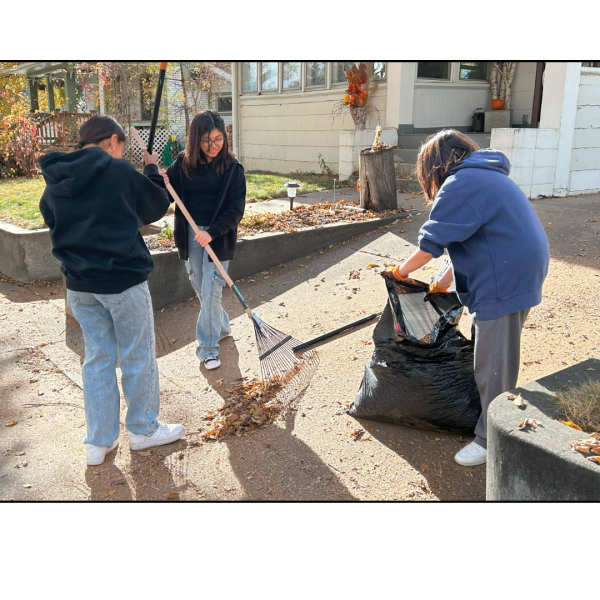Simple preparation
Discussions, lectures and readings are all important elements of a classroom. Note-taking values those elements and proves a tremendous improvement in a student’s school life.
Note-taking is recording the information being learned during lectures and readings. Outlining, summarizing, paraphrasing and mind mapping are all forms of note-taking.
For understanding a topic, one of the most important tools is taking notes. Taking notes in class is nothing new to high school students. Writing down everything being heard, seen or thought is an effective way to retain information.
“Notes are a primary study tool.” BHS teacher Jorden Upgren said.
Notes are not to be used as a one-time learning tool, they are to be referenced to and studied. If the notes are organized with caution and the information is thought out, it makes a great, easy-access study tool.
“Notes are most effective and useful in the classroom when students use the notes to study from.” Upgren said.
A study from The University of North Carolina reported that note-taking in class will help with improving active listening, comprehending material and retention of information. Recording information either sequentially or simultaneously will benefit one’s ability to remember what they hear and see. In a long term sense, note-taking will improve the ability to remember what’s being read. Because of the forced effort to take notes, it helps the brain to retain the information and store it in its long-term memory.
“Students could make it easier on themselves by paraphrasing and summarizing information that they read.” Upgren said.
Note-taking is taught to grades as young as first graders, but students will not be developmentally ready to take independent notes until 10th or 11th grade. Grades 9 and below are still in preparation for recording efficient notes. It is most beneficial for students to take advantage of the preparation in order to see more academic success in the future.
“Note taking should be gradually increased from entering middle school through highschool.” Upgren said.
As students get older, their preferred or recommended style of note taking changes. In grades 1st through 5th are to practice paraphrasing and separating main ideas from details. 6th through 8th graders are more likely to be freehanded when it comes to organizing information, meaning it’s their time to figure out how they prefer to write notes and mainly focus on key details and facts. 9th through 12th graders are recommended to use a Cornell and outline style in preparation for future college classes.
Cornell and outline note-taking are styles in which are understood easily and able to be written down in a short amount of time. These styles really show effectiveness in a time of lecture and studying. It all depends on the students’ preferred way of thinking and analyzing. In later high school years, students will have to value the idea of finding a way to record information comfortably in their own way instead of trying to follow a style they do not understand.
“I prefer Cornell notes for lower-classmen because it helps them stay organized and promotes critical thinking skills by combining the information and their thoughts and opinions,” Upgren said. “I usually let upper-classmen take notes the way they see fit. I give them more flexibility to choose how they take notes because by this point in their education they have a specific method they prefer to take notes.”
Finding a comfortable and effective way to take notes will only improve the students long-term memory, critical thinking skills and the ability to retain information. Benefits of note taking can be large and make it worth the effort to take notes during lectures and discussions.
“Notes are good,” Upgren said. “It’s a good way for students to practice their active listening skills, penmanship, and be involved in a class discussion.”
Your donation will support the student journalists of Bismarck High School. Your contribution will allow us to purchase equipment and cover our annual website hosting costs.







